
A random Saturday night at Martyrs Square in Beirut Central District. Hundreds of spectators gathered for another public screening of the award-winning film Enough: Lebanon’s Darkest Hour by Lebanese-born Australian journalist and filmmaker Daizy Gedeon (57).
By Arthur Blok and Marco Mattiussi
Enough! is a docu-movie with a bold, straightforward message: Lebanon’s corrupt political class represented by the same few families has repeatedly abused the country for centuries. The same corrupt family elites do not even seem to realize (or care) about the harm they did and continue to do to their own country.
Looking at the numbers depicting the current status of the Lebanese economy, it is a miracle that Lebanon did not completely collapse. Annual inflation in March surged to 208% despite central bank interventions, according to government data of mid-April.
Official figures show that transportation costs in March rose 489 percent compared to March 2021, with health expenses up 441 percent. Food and beverages climbed 390 percent, while restaurant and hotel costs increased by 350 percent. Just a few months earlier, in January, consumer prices hit a record high of 240 percent.
This is a result of the mix of incompetence by the ruling elite and deliberate mismanagement and corruption of the public sector. Public services are long gone: electricity, freshwater, and public schooling are non-existent. One data for all: EDL, the public Electricity Company of Lebanon, provides no more than one to two hours of electricity per day. For the other 22 hours, it is in the hands of the citizens to find their solution.
Lebanon's inflation has skyrocketed as the country's financial and economic crisis spirals out of control under the supervision of Riadh Salameh: the Central Bank Governor currently under indictment in six European Countries for using his family members to transfer funds acquiring properties via fake foreign companies. Under his management, the Lebanese Pound has lost nearly 90% of its value and plunged three-quarters of residents into poverty.
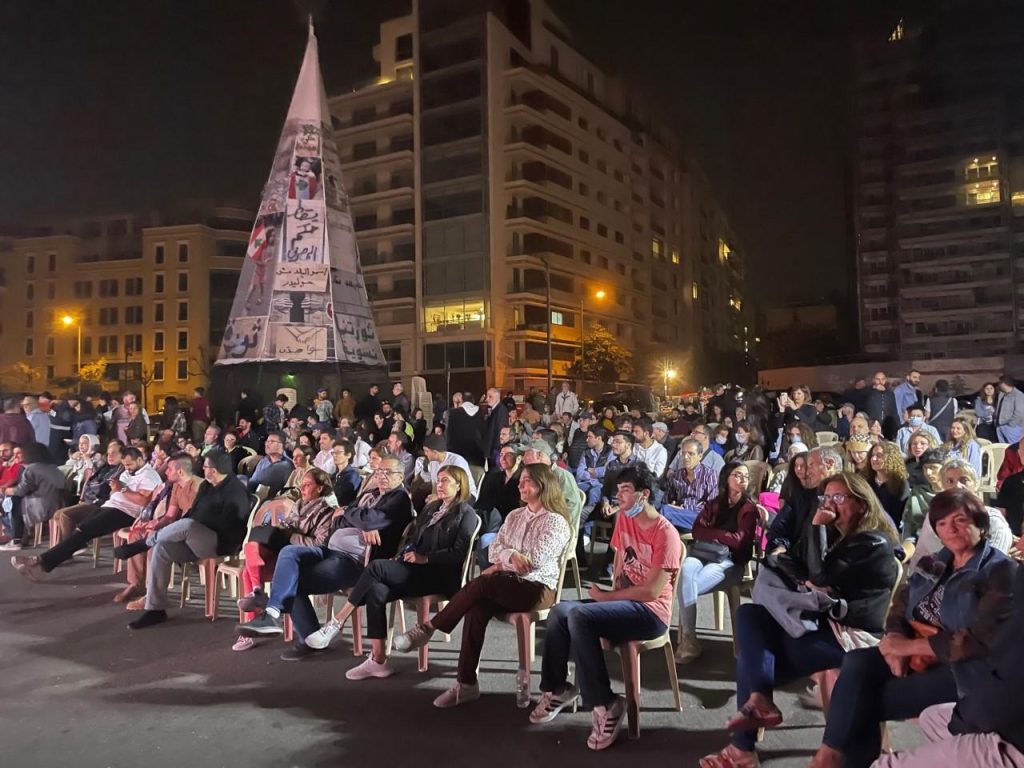
Not to mention, among the zero results of this ruling elite, the outcome of the devastating port explosion of August 4th, 2020, where 227 people lost their life, still without a single person held responsible for the massacre.
Gedeon’s documentary does not deliver much new information to the audience within this gloomy picture. Much that is said in the movie is not necessarily news to the Lebanese, but it does give a clear direction on how the country arrived in the current mess.
The waste of billions of dollars in the electricity sector. The scandal of waste management. Name it. The word “corruption” can be heard countless times during the screening. Voiced by both disgruntled citizens on the streets or in their workplace, and this is, to our amazement, to the same political leaders accused of being behind this corrupted system.
The movie, however, has the powerful effect of delivering a solid message, acting as a formidable reminder of the last 25 years of recent Lebanese history. Watching the facts scrolling in front of our eyes, one cannot stop wondering how the Lebanese people have allowed all this to happen. Again and again.
The sad answer probably is that the Lebanese have a concise memory. Surely capable of compelling emotional collective reactions, as the extraordinary 2 million people gathering after Hariri’s assassination and the equally unusual movement of the so-called “Thawra” in 2019/20 have shown. But in both cases, these reactions are short-lived and ultimately unfruitful. On both occasions, everybody thought that “this time, things would change.” They were wrong. The system remained untouched.
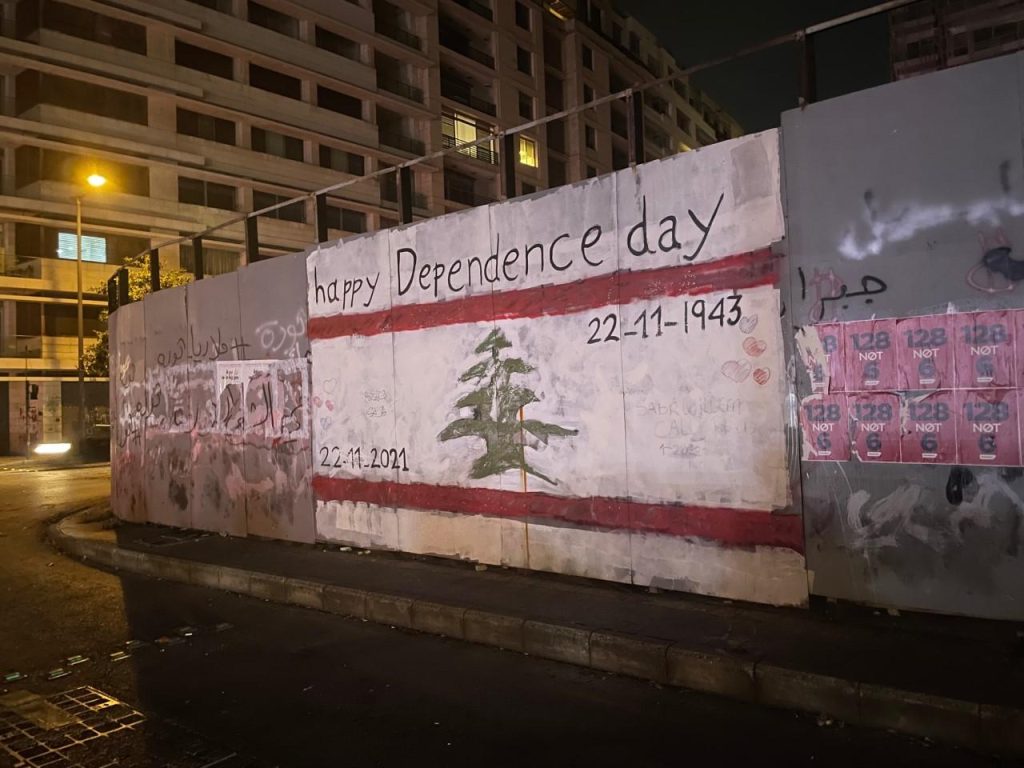
While watching the facts running on the screen, it is impossible not to think how, with all the well-known scandals that have touched all involved parties (and Gedeon has done an excellent job in being neutral and not sparing any of them – a sensitive issue in Lebanon), nothing has changed.
Someone has suggested that the Lebanon case might be a peculiar case of collective Stockholm Syndrome, where the victims defend and justify their abusers. It might be indeed.
The movie ends on a note of optimism about the results of the coming parliamentary elections, due to take place in mid-May. In less than two weeks, we will know if these hopes of change are justified or if the old Lebanese political system, like the mythological phoenix, will rise from his ashes.
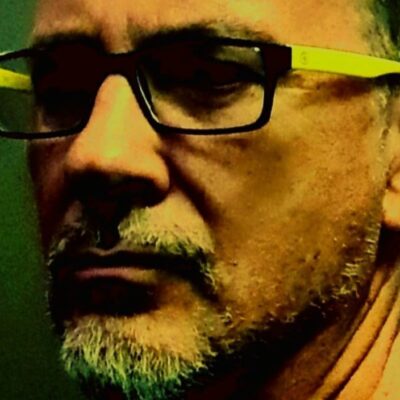

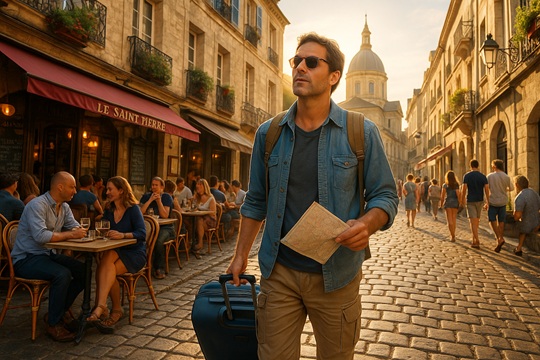
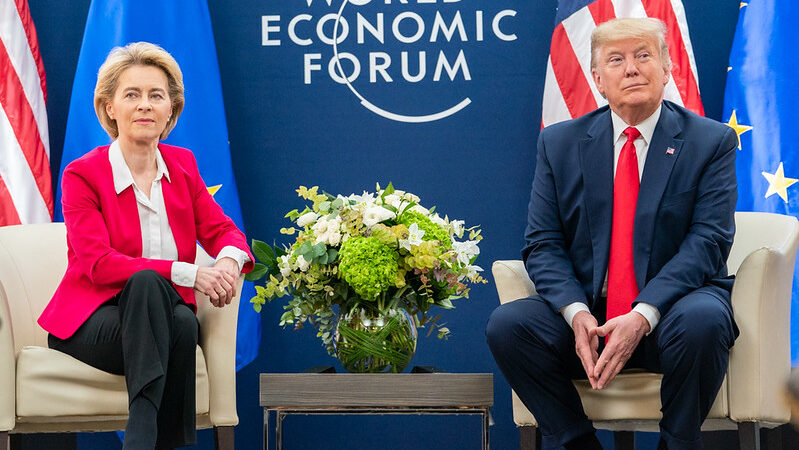
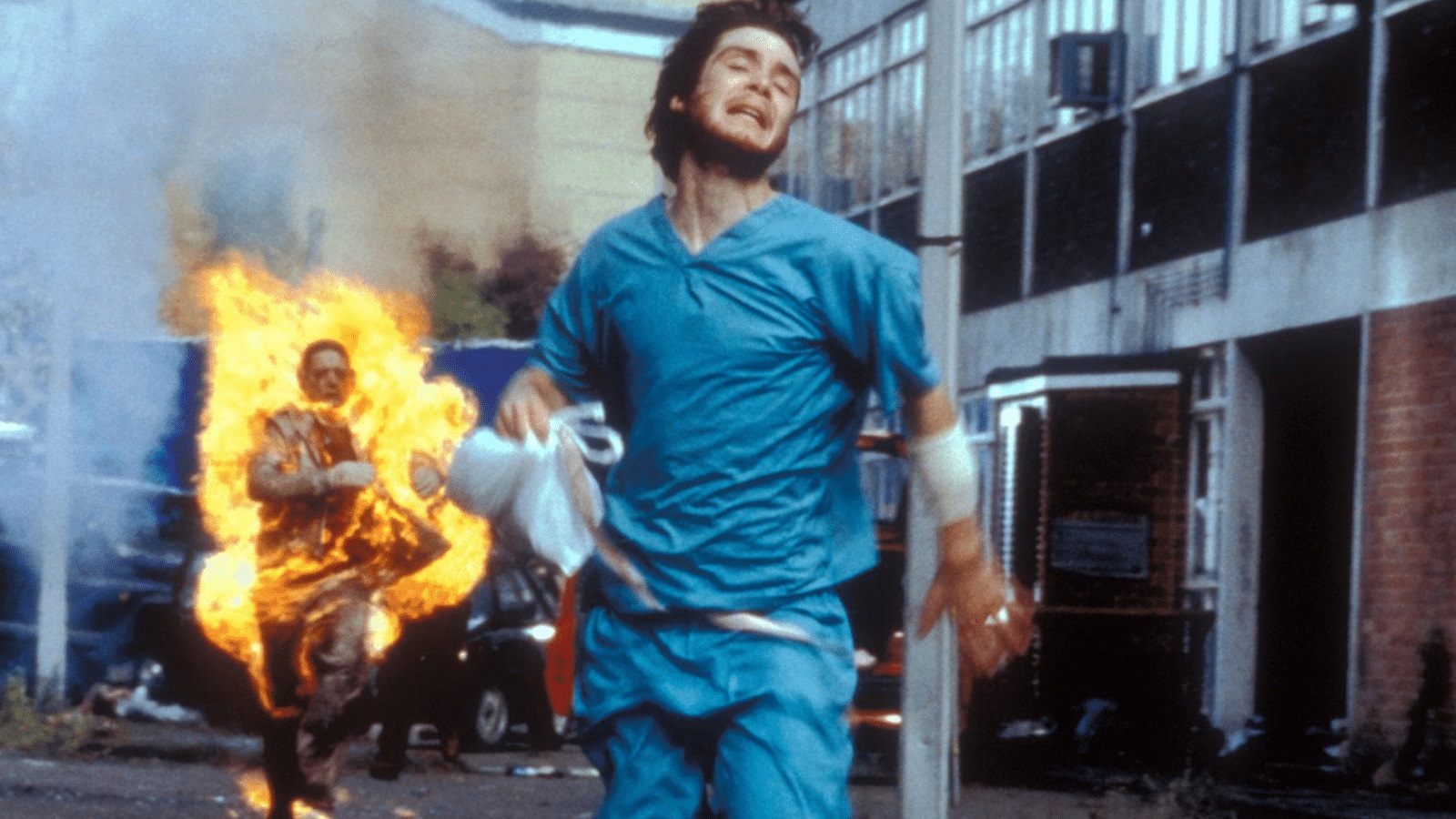

I saw Gedeon's film as well. Nice piece of work.